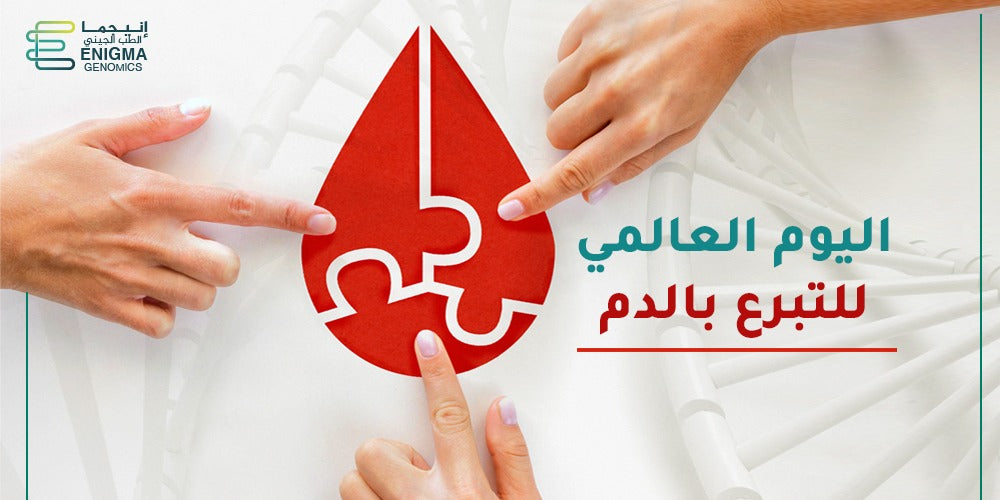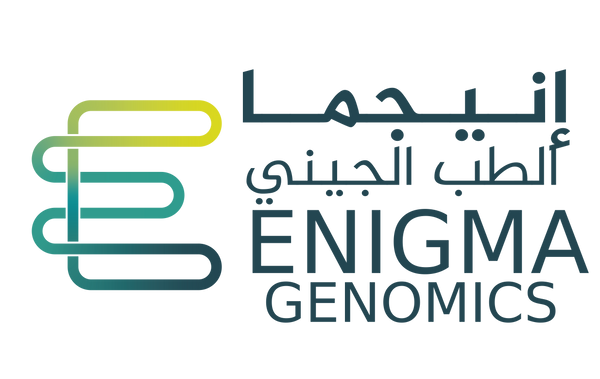
كيف يفيد التبرع بالدم مرضى أمراض الدم الوراثية؟
يلعب التبرع بالدم دورًا مهمًا في تحسين صحة الأفراد الذين يعانون من أمراض الدم الوراثية التي يمكن أن تؤثر بشكل كبير على حياة الشخص، ومنها على سبيل المثال لا الحصر، مرض الأنيميا المنجلية، والثلاسيميا، والهيموفيليا.
في هذا المقال، سنستكشف فوائد التبرع بالدم لمرضى هذه الأمراض الوراثية والتأثير الإيجابي الذي يمكن أن يحققه في حياتهم.
ما هي أمراض الدم الوراثية؟
تحدث أمراض الدم الوراثية بسبب تغيرات في الجينات المسؤولة عن إنتاج خلايا الدم، مما يؤدي إلى عدم إنتاجها بالكمية الكافية وبالتالي تتأثر وظائف الدم المختلفة في الجسم
:من بين اضطرابات الدم الوراثية الشائعة، نجد
1. الأنيميا المنجلية
يعد مرض الأنيميا المنجلية من أكثر أمراض الدم الوراثية شيوعًا، وينتج عن تكون خلايا دم حمراء ضعيفة وغير طبيعية تتخذ شكل هلال، مما يؤدي إلى نقص كمية الأكسجين المنقولة للجسم. يمكن أن يتسبب المرض في أعراض مثل:
- التعب الشديد.
- ضيق التنفس.
- سرعة في ضربات القلب.
- ألم في المفاصل.
2. الثلاسيميا
يعرف أيضًا باسم "أنيميا البحر المتوسط" وهو من أكثر اضطرابات الدم الوراثية انتشارًا، الذي يؤدي إلى انخفاض كمية الهيموجلوبين بخلايا الدم الحمراء المسؤول عن نقل الأكسجين للجسم عن معدله الطبيعي.
تعتبر الأعراض التالية من أبرز أعراض الثلاسيميا وتشمل:
- الإرهاق والضعف.
- شحوب الجلد.
- هشاشة العظام.
- تأخر النمو.
3. الهيموفيليا
يشير مصطلح الهيموفيليا إلى "سيولة الدم" وهو أحد أمراض الدم الوراثية النادرة الذي يؤدي إلى عدم تجلط الدم بسبب نقص العناصر (البروتينات) المسؤولة عن تجلطه، وبالتالي حدوث نزيف مستمر يدوم لفترة أطول من اللازم.
تشمل أعراضه:
- نزيف شديد سواء بعد الجراحة أو التعرض لإصابات، وما إلى ذلك.
- تورم وألم بالمفاصل.
- ظهور كدمات بالجسم نتيجة حدوث نزيف داخلي.
- نزيف الأنف المستمر.
كيف يساعد التبرع بالدم مرضى اضطرابات الدم الوراثية؟
يجب أولاً أن نعلم أن الدم يتكون من:
- خلايا الدم الحمراء.
- الصفائح الدموية.
- البلازما.
1. تعزيز مقاومة العدوى
يمكن استخدام البلازما من دم المتبرع في عمليات نقل الدم للحالات التي تعاني من نزيف شديد لزيادة مقاومتهم للعدوى والمساعدة في تجلط الدم بفضل الأجسام المضادة الموجودة فيها.
2. مجال الأبحاث العلمية
يمكن أن يساعد التبرع بالدم أيضًا في مجال الأبحاث العلمية، وخاصةً الأبحاث المتعلقة بعلم الوراثة، للتوصل إلى علاجات جديدة للأمراض الوراثية عامةً واضطرابات الدم الوراثية خاصةً بالمستقبل.
وختامًا، إن التبرع بالدم لا يفيد المرضى فحسب، بل يعود بالنفع أيضًا على المتبرعين بالدم من حيث حمايتهم من الأمراض مستقبلاً، كأمراض القلب، والسرطان، وغيرها. وبفضل استمرار التبرع بالدم، سنساهم في تحسين صحة المتبرعين والمرضى، وخاصةً مرضى أمراض الدم الوراثية.
